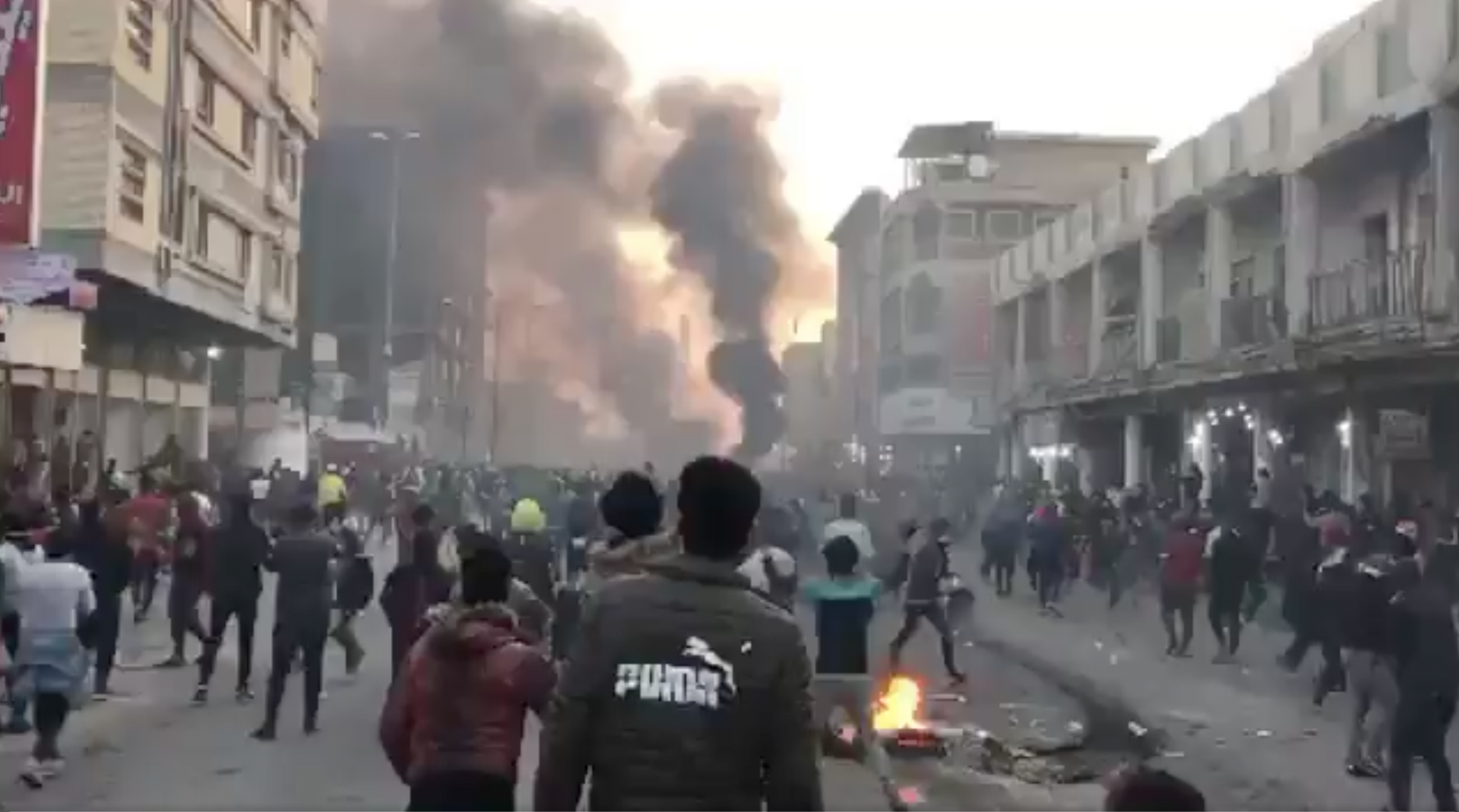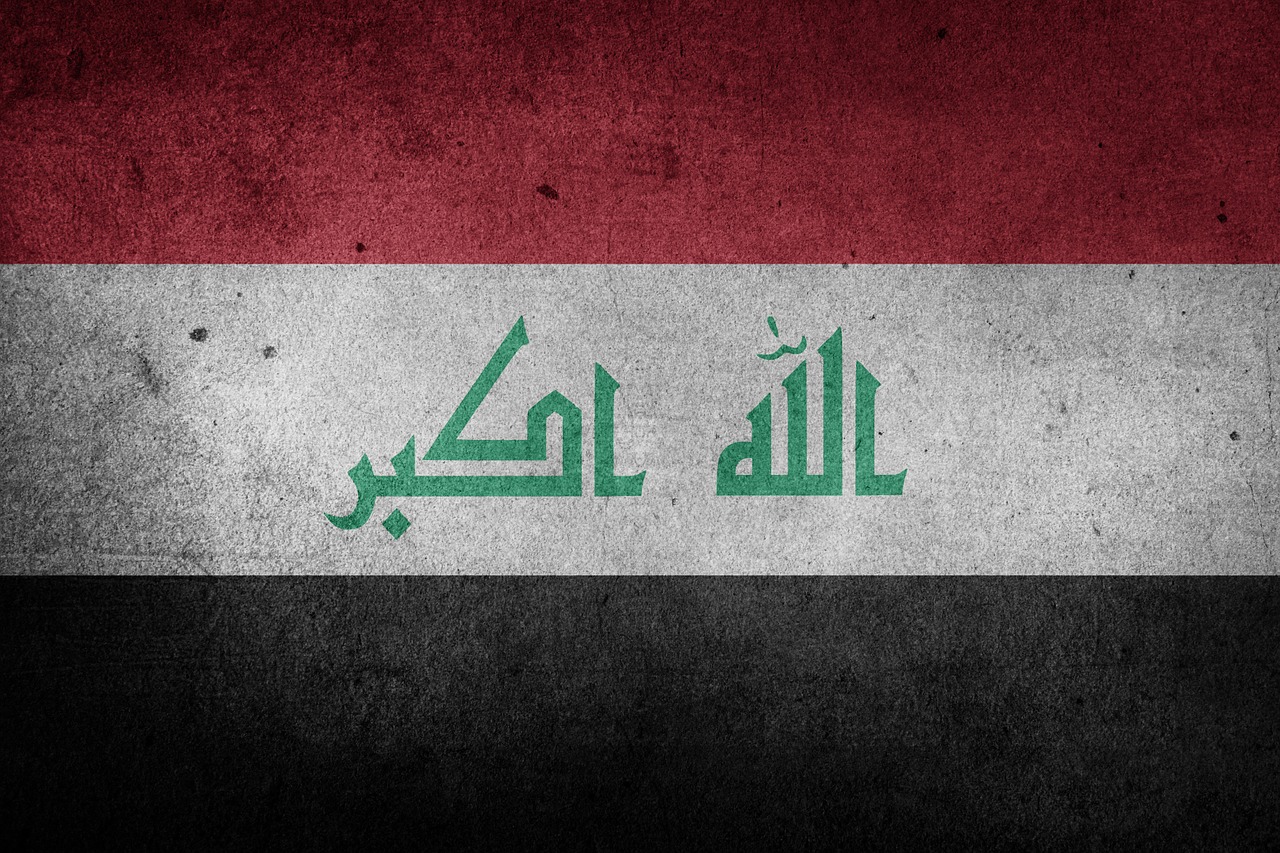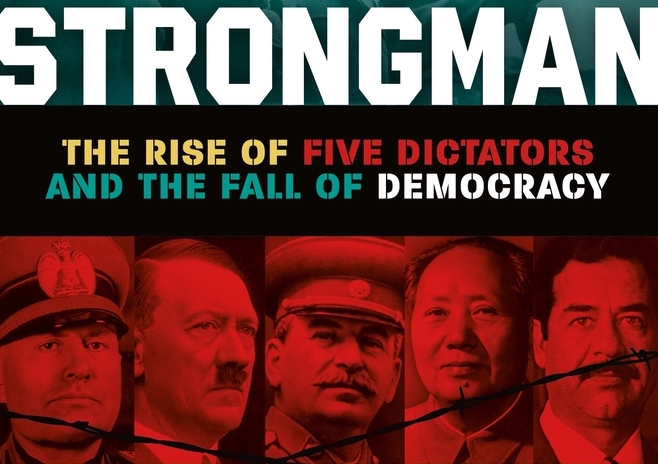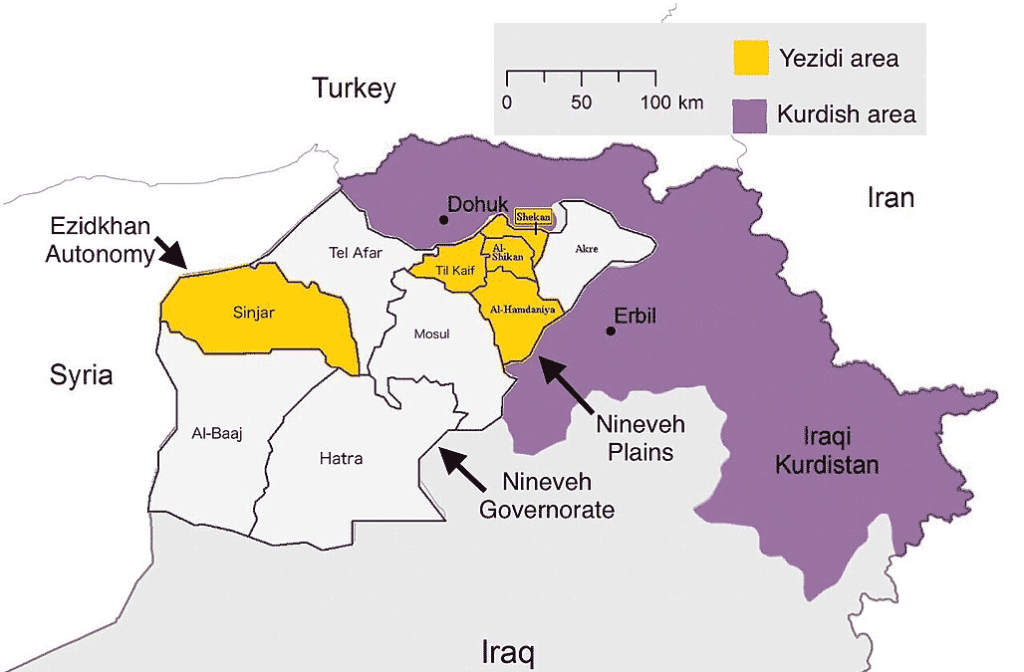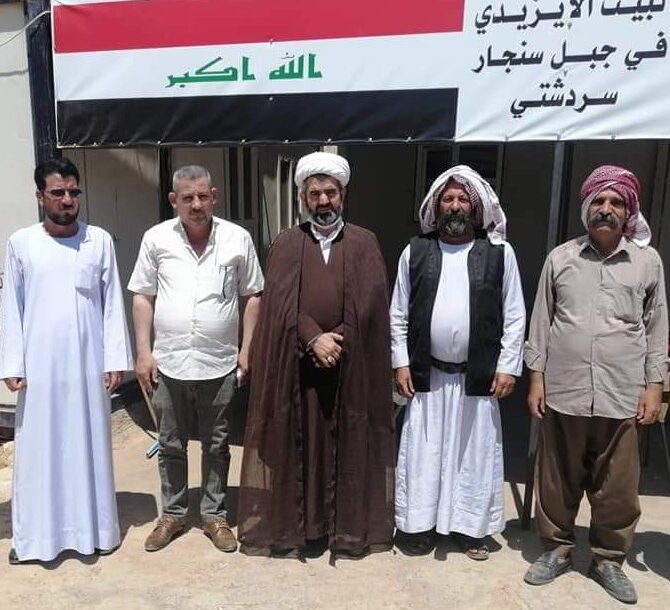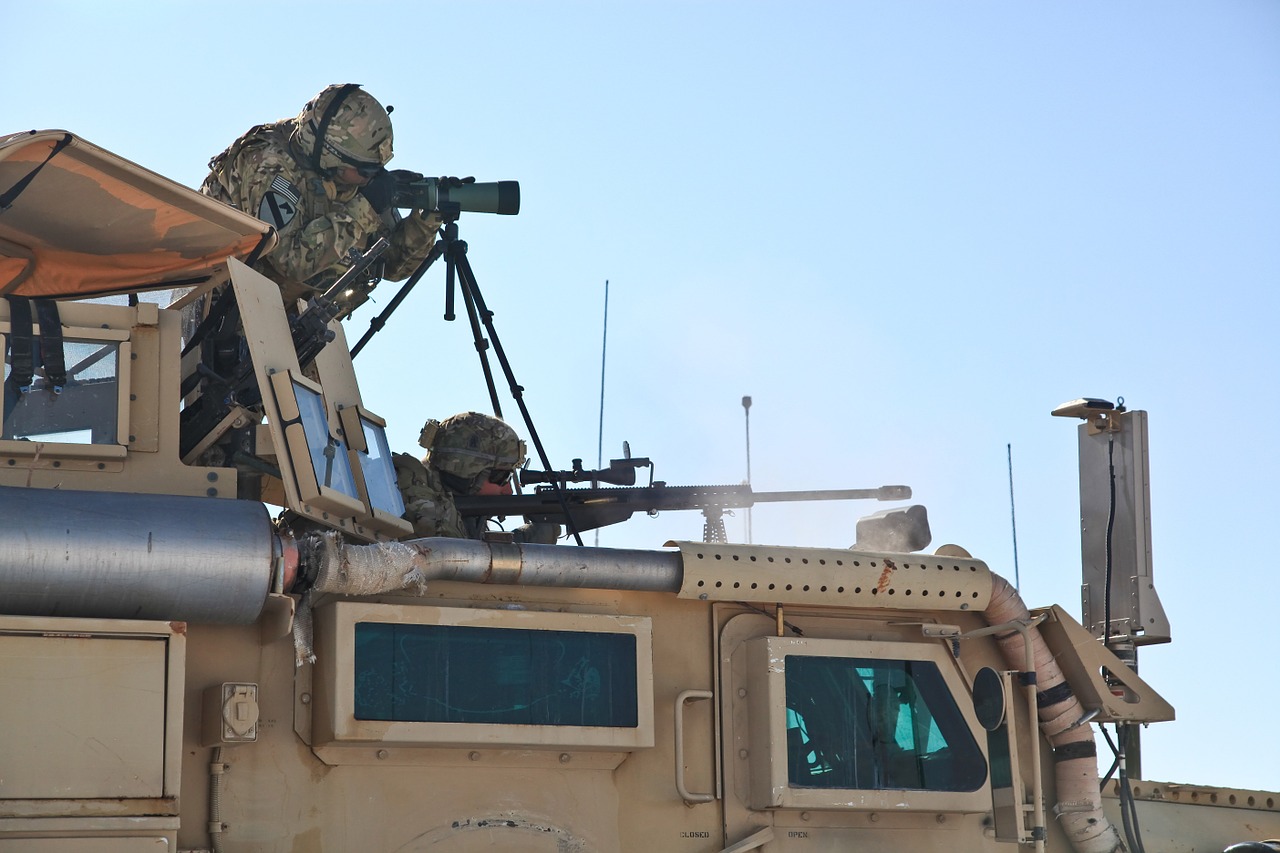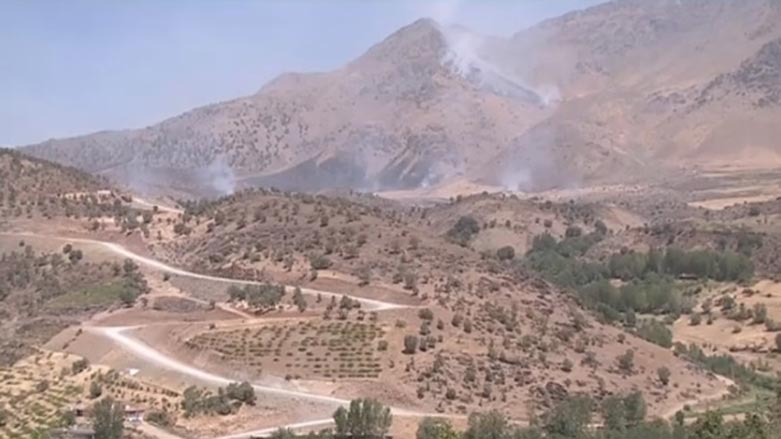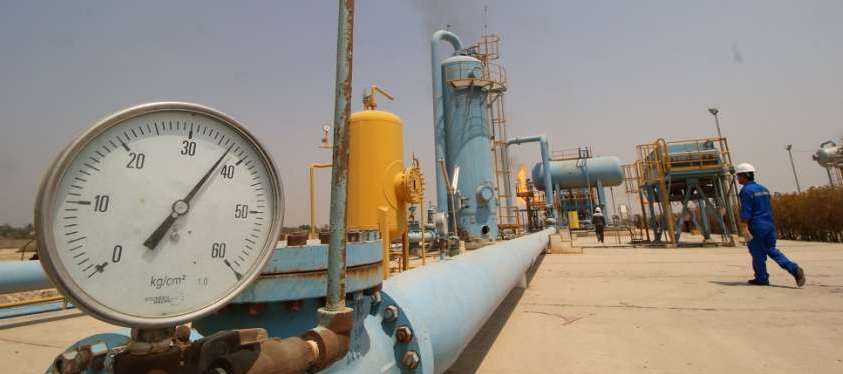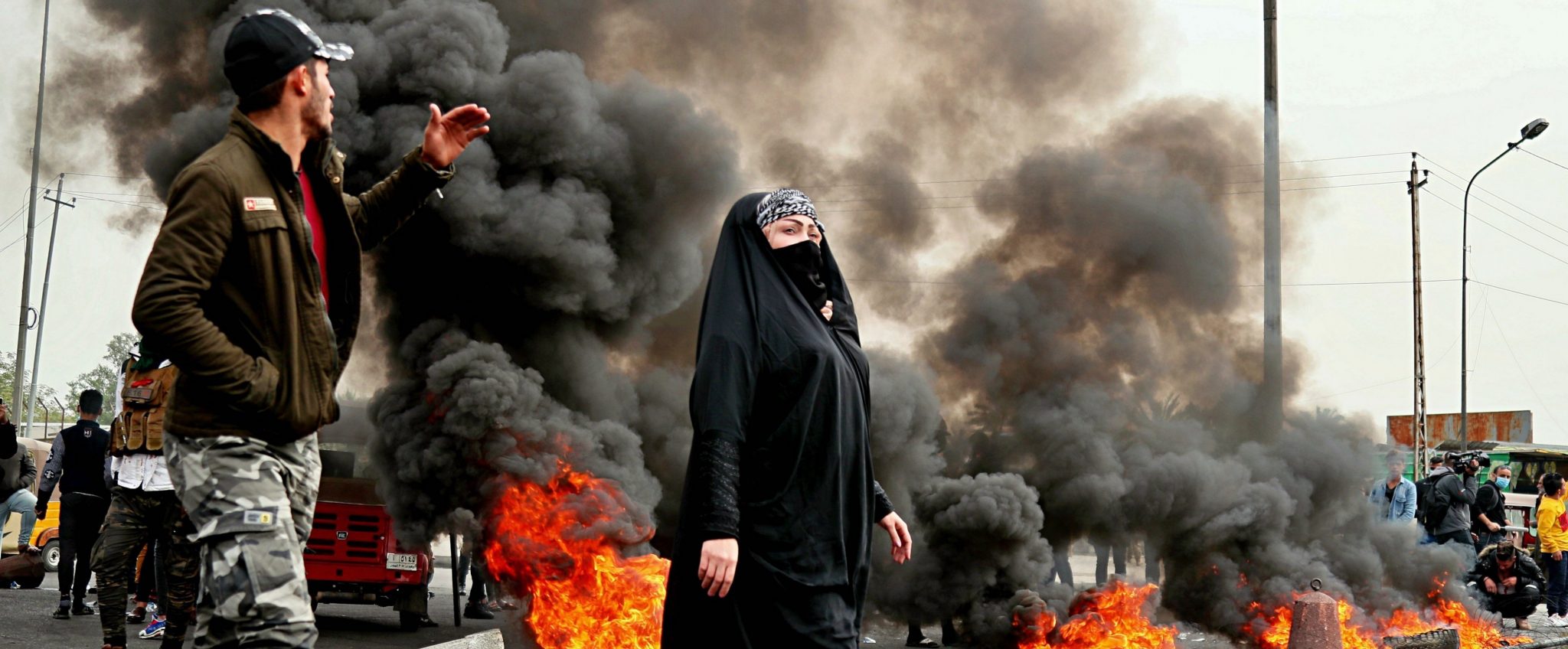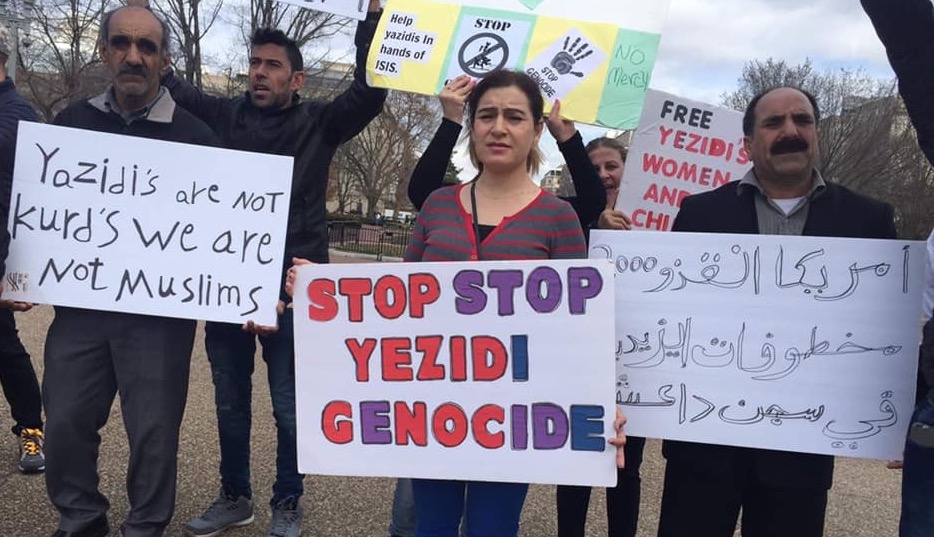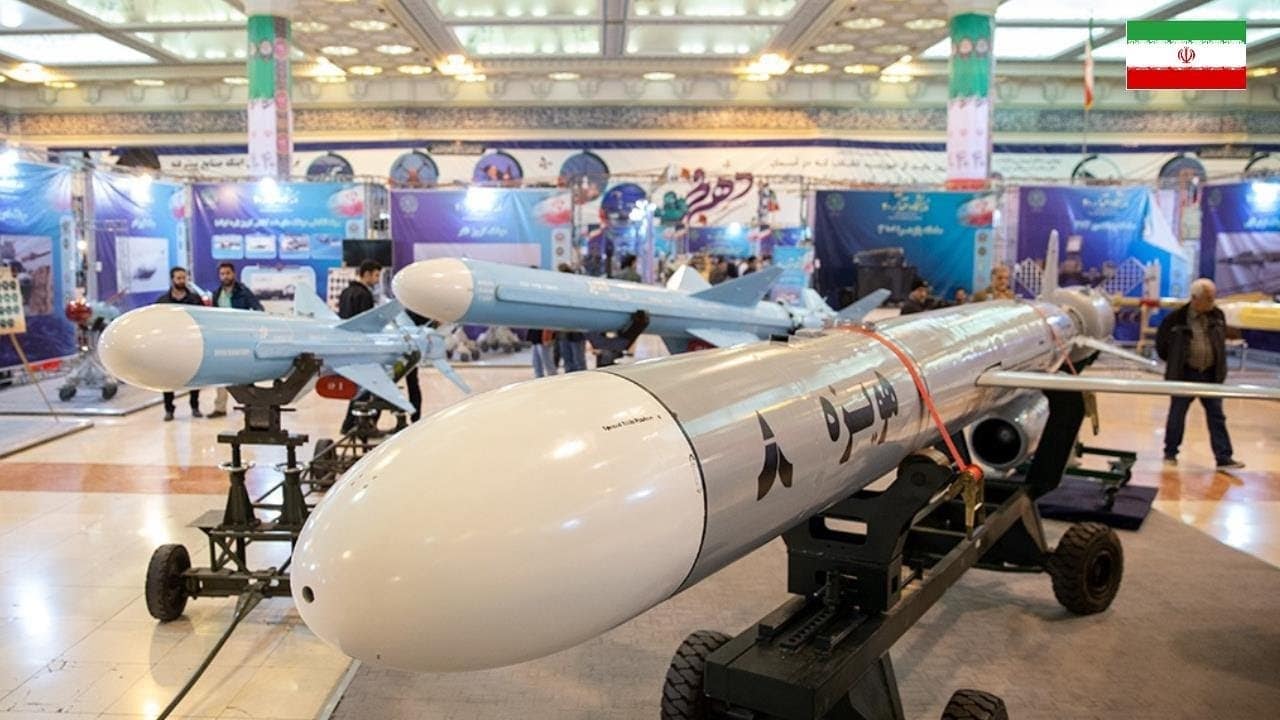
Can Iran nuclear deal be salvaged?
President Joe Biden’s pledge to rebuild the Iran nuclear deal is already deteriorating into a deadlock—a testament to the effectiveness of the Trump-era intrigues that sabotaged the agreement, officially known as the Joint Comprehensive Plan of Action (JCPOA). Biden and Iran’s Supreme Leader Ayatollah Khamenei have each traded “You Go First” statements—the White House demanding Tehran return to compliance with the JCPOA and Khamenei insisting the US lift the sanctions that were re-imposed by Trump. There is indeed a case that the US, having abrogated the pact first, should now be the party to “blink” in the stand-off, and lift the sanctions as a good-faith measure. (Image via Wikipedia)



